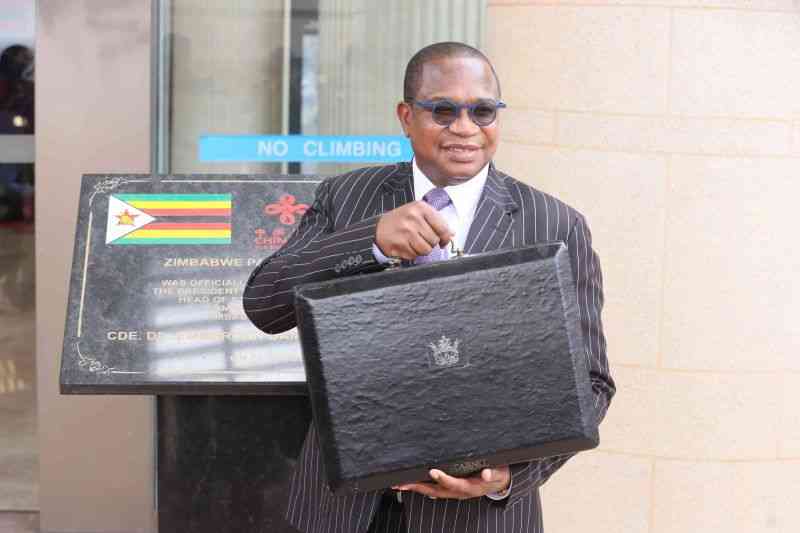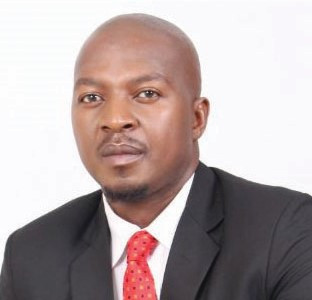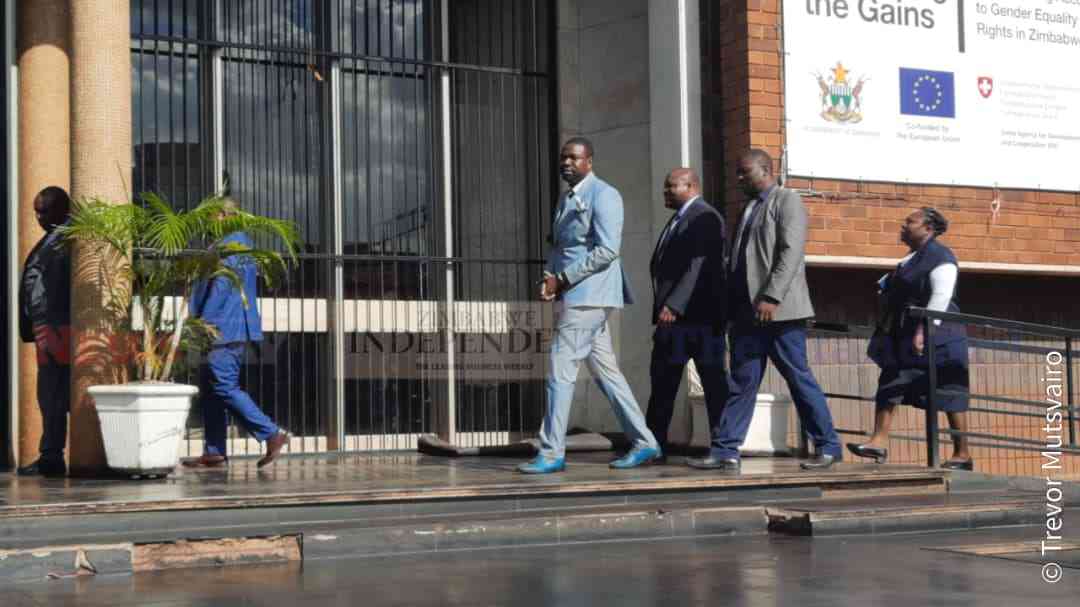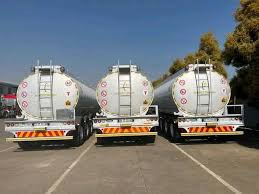
GOVERNMENT has bowed down to public pressure over new passport fees by increasing the fees for obtaining the document to US$150, instead of the initial US$200 announced in its 2024 budget proposal.
Presenting the National Budget last year, Ncube proposed to raise the fee for an ordinary passport from US$120 to US$200, but was forced to revise it down to US$150 following widespread outcries.
According to a Government Gazette issued on Monday this week, the emergency passport will now cost US$250.
“It is hereby notified that the Home Affairs and Cultural Heritage minister, in terms of section 22 of the Citizenship of Zimbabwe Act [Chapter 4:01], has made the following regulations: These regulations may be cited as the Citizenship (Passport Fees) (Amendment) Regulations, 2024 (No. 1),” the gazette read.
“The Schedule to the Citizenship (Passport Fees), 2022, published in Statutory Instrument 16 of 2022, is repealed and the following is substituted — The fees payable for obtaining one passport shall be: (a) ordinary-passport … USD150”. (b) emergency-passport … USD250”. (c) the following additional fee shall be charged for every electronically readable passport application to obtain a quick response (QR) code … USD20.”
Passports are on high demand as many Zimbabweans are desperate to leave the country to seek greener pastures elsewhere.
Latest results from Zimbabwe National Statistics Agency indicated that the national unemployment (expanded) rate now stands at 47,8% from 46%, while “unemployment ... (is) more pronounced in females (23,7%) compared to males (19%”.
Many of those not formally employed primarily make a living by travelling to South Africa to buy goods unavailable or too expensive in Zimbabwe, for resale.
- Massive ZRP vehicle theft scam exposed
- Suns come within one game of eliminating Pelicans
- Uhuru Cup: Giants promise fireworks
- Uhuru Cup: Giants promise fireworks










